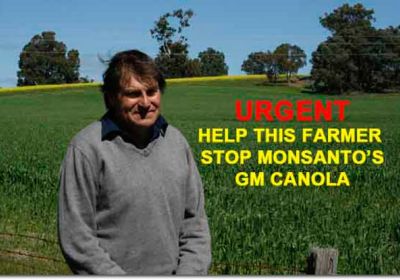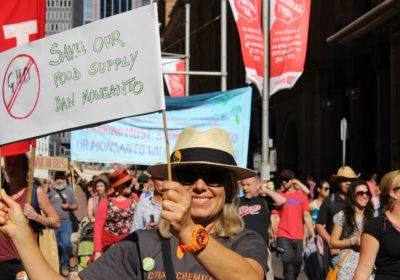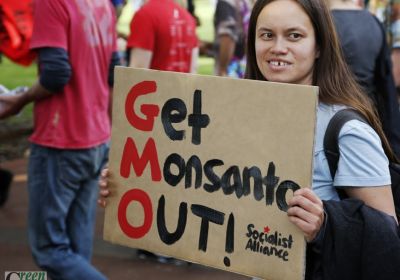
Indigenous peoples are mobilising in huge numbers against a proposal to open up their lands to mining and agribusiness, reports Felipe Goldman Irony.

Indigenous peoples are mobilising in huge numbers against a proposal to open up their lands to mining and agribusiness, reports Felipe Goldman Irony.

Monsanto, one of the world’s biggest pesticide and seed corporations and leading developer of genetically modified crop varieties, had a stock market value of US$66 billion in 2014. It has gained this position by a combination of deceit, threat, litigation, destruction of evidence, falsified data, bribery, takeovers and cultivation of regulatory bodies.

After delivering some bad news to presidential candidate Donald Trump to stop rockin’ to his “Rockin' In The Free World” song, it looks like Neil Young has also upset some of his fans over at Monsanto.



Something is looming in the shadows that could help erode our basic rights and contaminate our food. The Trans Pacific Partnership (TPP) has the potential to become the biggest regional free-trade agreement in history, both in economic size and the ability to quietly add more countries in addition to those originally included.

An abridged speech given by the Andrea Glazier at the March Against Monsanto rally in Sydney on May 25.